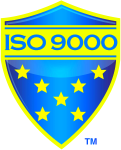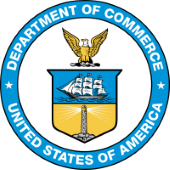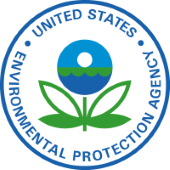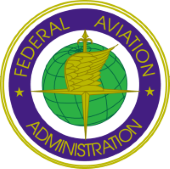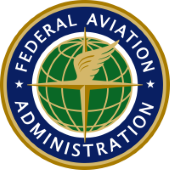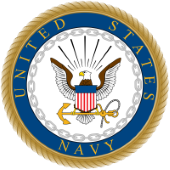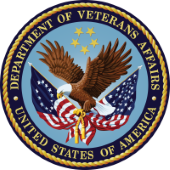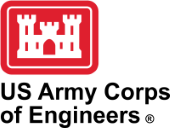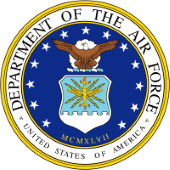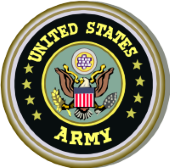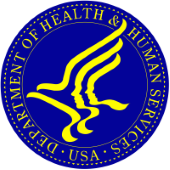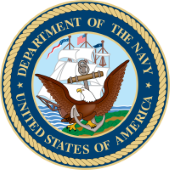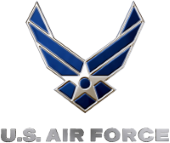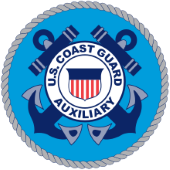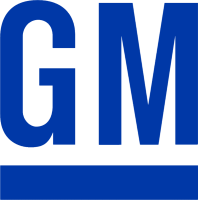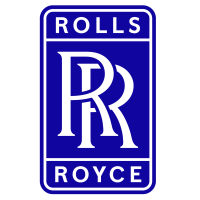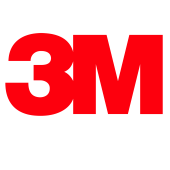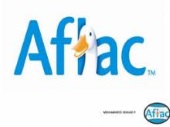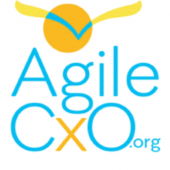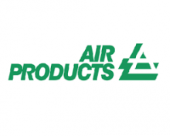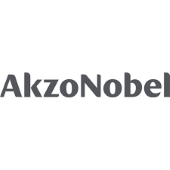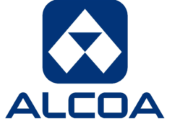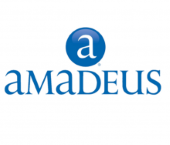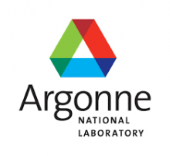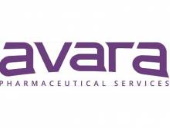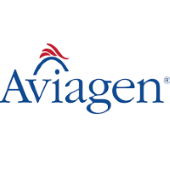|   |
|
ABSTRACT
Strengthening Quality Culture Through Internal AuditingIndustry: All Industries Keywords: Quality, Culture; Internal Audit; Leadership, Employee Empowerment Level: Intermediate LinkedIn: https://www.linkedin.com/in/laura-halleck-consultant/ This presentation focuses on the significant impact of internal auditing in shaping and enhancing a culture of quality within an organization. It begins with an overview of what constitutes a quality culture and the key drivers that contribute to its strength. These drivers include maintaining a leadership focus on quality, ensuring the credibility of the quality message, promoting peer involvement, and enhancing employee ownership and empowerment. For each of these key factors, practical and actionable steps for implementation will be presented. The presentation then examines the pivotal role played by internal auditing in fostering and reinforcing this quality culture. Internal auditors possess a unique vantage point, allowing them to evaluate processes, controls, and compliance with quality standards and customer expectations with a high degree of objectivity and independence. This independence, coupled with a deep understanding of the organization and its processes, equips internal auditors to identify inefficiencies, risks, and areas for improvement. Their purview should extend beyond the quality management system itself to also encompass the broader quality culture within the organization. Specific examples will be shared, illustrating what internal auditors should focus on as well as actionable recommendations they can make to empower leaders and teams to embrace a culture centered on quality and continuous improvement, resulting in enhanced organizational performance and excellence. |
BIOGRAPHY
Laura HalleckSr. QMS Consultant, Quality Support Group, Pelham, NH, USA Laura is a Senior QMS Consultant with Quality Support Group, Inc., based in Westford, MA, specializing in guiding organizations through quality management implementation and certification, including gap assessments, systems implementation, training and internal auditing. She has an M.B.A. from the University of Massachusetts Lowell, an M.S. in Industrial & Systems Engineering from Georgia Institute of Technology and a B.S. in Industrial & Management Engineering from Rensselaer Polytechnic Institute. Laura has over 20 years of experience in manufacturing engineering, quality engineering, quality assurance and Six Sigma process improvement for the Automotive, Electronic, and Aerospace and Defense Industries. She is a member of ASQ and the US TAG to ISO/TC176 on ISO 9001. |
